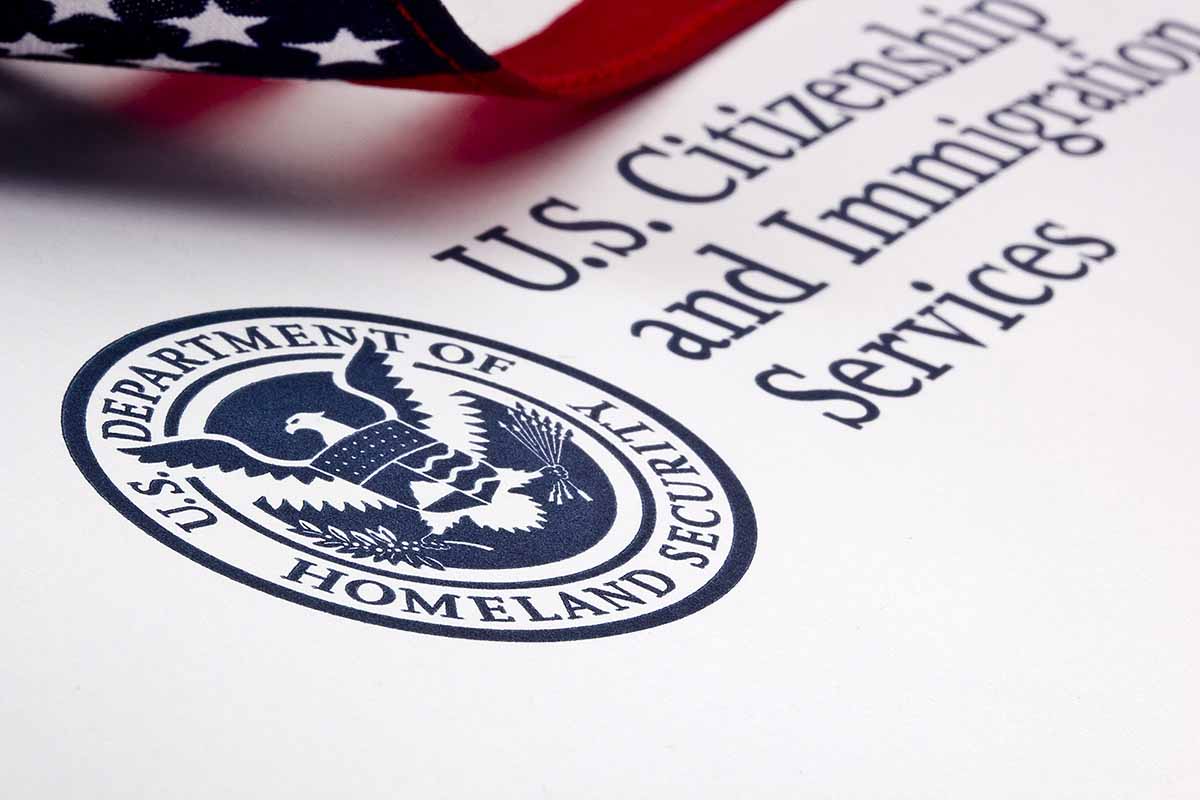Earlier this month, the U.S. Department of Health and Human Services, Office of Inspector General (HHS, OIG) issued a special fraud alert advising healthcare providers to exercise caution when contracting with telemedicine companies. Such alerts are significant as they put providers on notice that OIG intends to investigate and prosecute potential fraud regarding telemedicine/. Such notices provide the opportunity for healthcare providers to review their practices and compliance, as well as list examples of suspect practices in the industry.
Historically, federal regulations limited the use and scope of telemedicine. It became widely available, however, during the COVID crisis that necessitated the loosening of government regulations. While a relaxation of regulations and restrictions offered patients greater access to physicians, it also opened the door to fraudulent conduct. In previous articles, we explored schemes involving compound medicines, genetic cancer screening (CGx and PGx tests) and durable medical equipment (DME) such as orthotic braces.
This latest fraud alert confirms that OIG is still aggressively targeting DME companies, laboratories and pharmacies using telehealth services. The OIG alert offers a non-comprehensive list of factors that they examine in potential fraud cases, including:
- Patients that are referred to a practitioner through a telemedicine company, telemarketing, recruiter, call center, health fair or internet;
- Practitioner has only limited access or contact with the alleged patient to meaningfully access the medical necessity of the services solicited;
- Telemedicine company compensates the practitioner based on the volume of prescriptions and services;
- Telemedicine company only provides services to federal health care program beneficiaries, and does not accept private insurance;
- Telemedicine company only provides a single class of products such as braces, genetic testing, compound medicines – pain, scar and vitamin creams – thus limiting a practitioner’s treatment options; and
- Telemedicine company does not expect its physicians to follow up with the patients regarding their prescriptions or services.
This alert expressly notes that proactive marketing that advertises free or low cost items or services covered by federal healthcare programs and exclusively marketed to such beneficiaries is “suspect”. Additionally, any program that limits a practitioner from contacting a patient to follow up or offer other medical services is suspect.
While HHS, OIG alerts provide valuable guidance for practitioners and other healthcare professionals, they also provide federal prosecutors the opportunity to argue that a provider’s good faith defense is limited after such an alert has been issued, i.e. that providers are on notice that such practices as suspect.
Stahl Gasiorowski Criminal Defense Attorneys have represented dozens of physicians, marketers, telehealth companies and pharmacists in federal healthcare fraud investigations. We proactively and aggressively protect our clients’ rights. To contact Mr. Stahl, call 908.301.9001 for the NJ office and 212.755.3300 for the NYC office, or email Mr. Stahl at rgs@sgdefenselaw.com.



